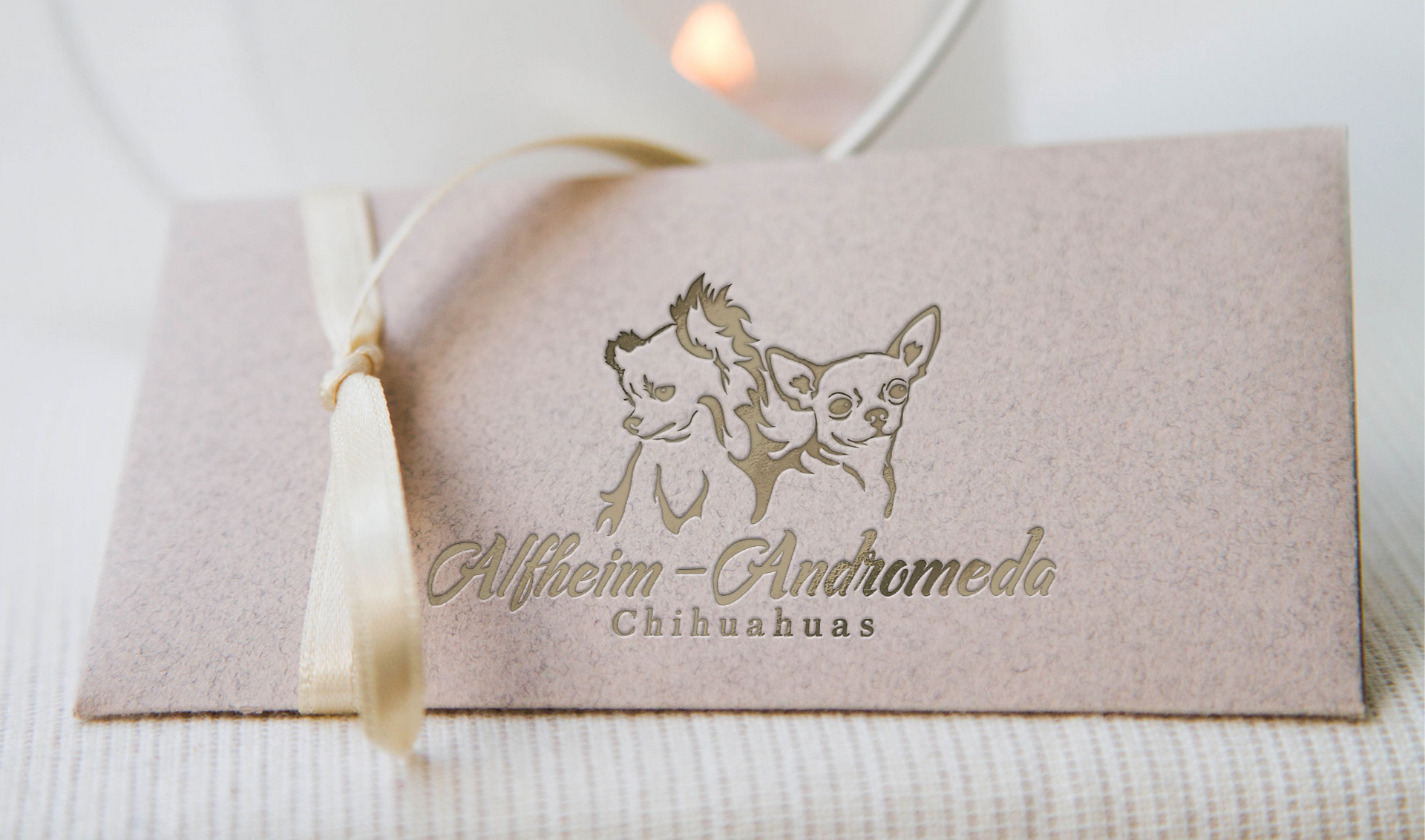"How Much Will My Chihuahua Puppy Weigh? A Breeder's Guide to Size Prediction"
- Tanya Ansok Stringer

- Jan 6, 2023
- 4 min read
Updated: Nov 29, 2024
As a breeder, one of the most common questions I get asked is, "How much will this puppy weigh as an adult?" While it’s natural for prospective owners to be curious, predicting a Chihuahua’s adult size is far from an exact science. Genetics, environment, and even health all play roles in determining the final weight of your furry companion.
In this guide, I’ll explain the key factors that influence a Chihuahua’s size, how breeders use genetic insights to predict weights, and what future owners should know about ensuring their puppy grows up healthy and happy.
The Role of Genetics in Chihuahua Size Prediction
Key Genes and Alleles
Genetics plays a central role in determining a Chihuahua’s size. Even within the same litter, puppies can inherit genes differently, leading to variations in adult weight. Let’s break down the major size-related genes:
IGF1: Fixed for Chihuahuas, this gene is consistent across the breed and doesn’t impact size variability.
IGFR1: This gene can vary, influencing whether a Chihuahua leans towards larger (GG), intermediate (CA or CG), or smaller sizes.
GHR-P177L: Variation in this gene also contributes to size, with CC associated with larger sizes and CT or CG leaning smaller.
These genetic markers guide breeders in predicting potential size outcomes, but the interplay of these genes isn’t always straightforward.
Alleles and Their Impact on Size
Chihuahuas inherit specific alleles that influence their growth. Here’s a simplified breakdown:
Smaller Size Alleles (e.g., II, AA, TT): Associated with smaller Chihuahuas, these alleles ensure the dog stays within the lower range of the breed standard.
Larger Size Alleles (e.g., GG): Can push the puppy’s size to the upper limit of the breed standard, or even beyond.
Intermediate Alleles (e.g., CA, CG): Produce balanced sizes, often falling in the 4-6 lb range, ideal for most Chihuahuas.
By strategically selecting breeding pairs based on these genetic markers, breeders can better predict the adult size of future litters.
Practical Application in Breeding Programs
Strategic Pairing for Desired Sizes
Breeders can influence size outcomes by pairing dogs with complementary alleles:
Balancing Size: Pairing a smaller Chihuahua with intermediate alleles can help keep offspring within the ideal 4-6 lb range.
Avoiding Extremes: Breeding two dogs with larger size alleles increases the risk of producing puppies that exceed breed standards.
Genetic Testing for Better Predictions
Modern DNA testing allows breeders to identify size-related alleles in their dogs. This data helps predict the likely size of offspring, aiding in planning litters that align with breed standards and buyer expectations.
Environmental Influences on Chihuahua Growth
While genetics lays the foundation, environmental factors also play a significant role in determining a Chihuahua’s adult size.
Diet and Nutrition
Proper Nutrition: High-quality food supports healthy growth and prevents obesity or malnutrition.
Owner Responsibility: Breeders can only provide a strong nutritional start—future owners must maintain a balanced diet to ensure the puppy grows to its potential.
Exercise and Growth Patterns
Exercise Balance: Regular activity keeps puppies fit, but over-exercising can stress developing joints.
Growth Timelines: Some Chihuahuas reach their full size by six months, while others may continue growing until two years. Patience is key when monitoring growth.
Health Factors That Impact Growth
Illness and Recovery
A puppy recovering from illness may temporarily slow its growth as the body redirects resources toward healing. While this doesn’t always impact final size, prolonged illness during critical growth periods can lead to a smaller-than-expected adult weight.
Maintaining Genetic Diversity
Focusing solely on size in breeding programs can lead to unintended health issues. Responsible breeders prioritize genetic diversity to support overall health and longevity within the breed.
What Prospective Owners Should Ask
To get a better idea of your puppy’s adult size, ask your breeder:
Parent and Grandparent Sizes: Knowing the weights of your puppy’s immediate ancestors offers a general idea of adult size.
Current Weight: At ten weeks, a Chihuahua puppy typically weighs between 10 oz and 2 lbs.
Keep in mind that while size can vary, most Chihuahuas fall within the 4-6 lb range as adults if kept at a healthy weight.
Why Smaller Chihuahuas Require Special Care
Chihuahuas under 3 lbs may seem appealing, but their small size often comes with unique challenges that require careful management and constant attention:
Fragile Health: Tiny Chihuahuas are more prone to medical issues, including bone fragility and low immunity. Even minor health concerns can escalate quickly, necessitating regular vet visits and specialized care.
Hypoglycemia (Sugar Drops): Due to their small size, tiny Chihuahuas struggle to store enough glycogen to maintain stable blood sugar levels. Similar to a hummingbird, they burn calories rapidly and may not always consume enough food to replenish their energy. This can lead to dangerous sugar drops, causing symptoms like lethargy, tremors, seizures, or even coma if not addressed promptly.
Frequent Feeding: These little dogs often need to eat almost non-stop throughout the day to maintain their energy and prevent sugar drops. Owners must monitor their diet closely, offering small, nutrient-rich meals every few hours.
Greater Expense: Managing their unique dietary and medical needs can become a significant financial and emotional responsibility over time.
While their tiny stature might be endearing, smaller Chihuahuas demand an extraordinary level of care and attention to keep them healthy and thriving.
Conclusion
Predicting a Chihuahua’s adult size involves a combination of genetic knowledge, responsible breeding practices, and environmental factors. By focusing on genetic testing, strategic pairings, and maintaining genetic diversity, breeders can produce puppies that meet size expectations while supporting overall health and well-being.
For prospective owners, understanding these factors helps set realistic expectations and ensures you’re ready to provide the care your new furry friend needs to thrive.
FAQs
1. Can I accurately predict my Chihuahua puppy’s adult size?While breeders use genetics and experience to make educated guesses, size prediction isn’t an exact science due to variable genetic inheritance and environmental factors.
2. How much should a Chihuahua weigh at ten weeks? Most Chihuahua puppies weigh between 10 oz and 2 lbs at this age, depending on their growth patterns and genetic background.
3. Will my Chihuahua stop growing after six months ?Some Chihuahuas reach their full size by six months, but others may continue growing slowly until they’re about two years old.
4. What if my Chihuahua is smaller than 3 lbs as an adult? Smaller Chihuahuas often require more medical attention and specialized care. They can lead fulfilling lives but may come with extra challenges.
5. How can I support my puppy’s healthy growth? Provide high-quality nutrition, maintain a balanced exercise routine, and schedule regular veterinary checkups to monitor your puppy’s progress.


![04[5287]_edited.png](https://static.wixstatic.com/media/19bc06_e20664f6f34a40a38ce600e39e177c3c~mv2.png/v1/fill/w_980,h_578,al_c,q_90,usm_0.66_1.00_0.01,enc_avif,quality_auto/19bc06_e20664f6f34a40a38ce600e39e177c3c~mv2.png)






























